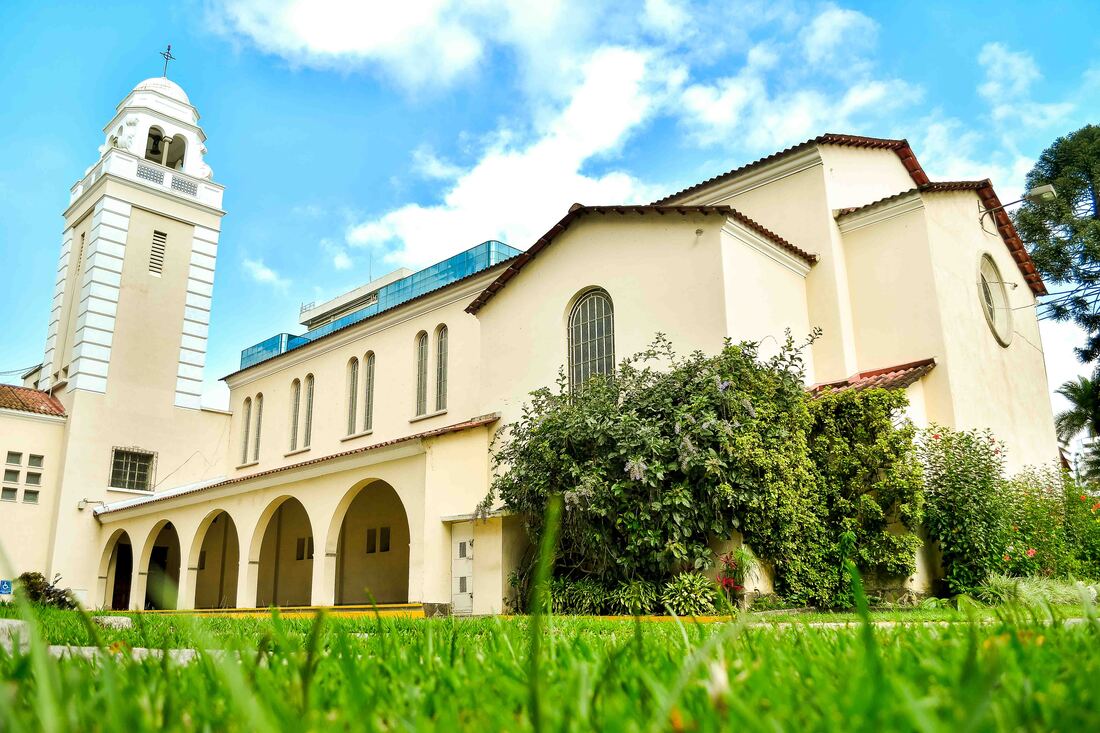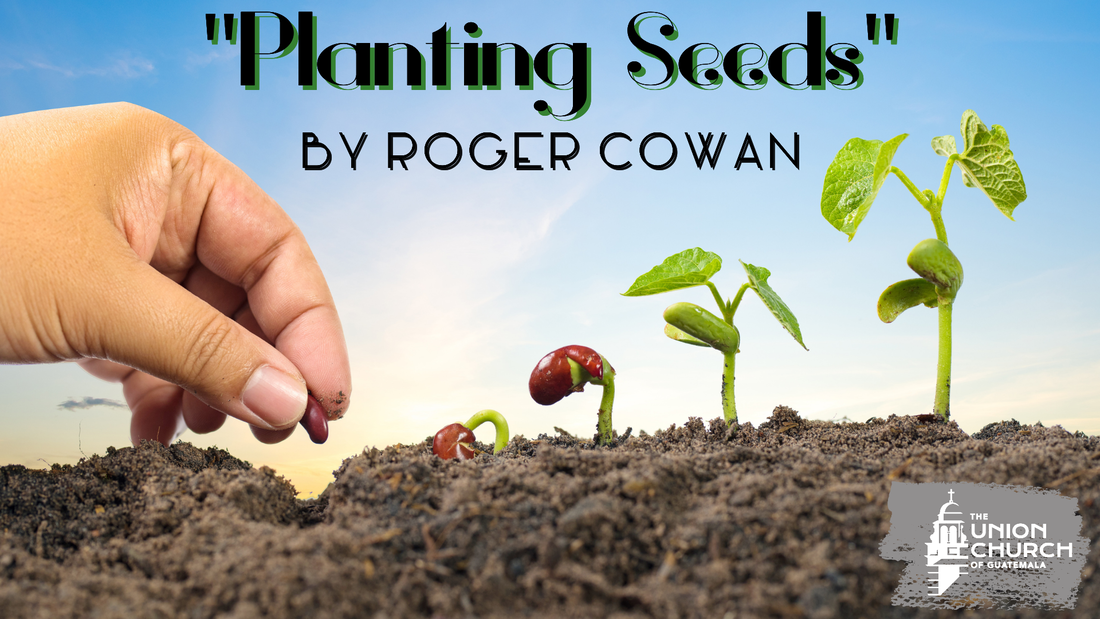|
In Matthew 13:3-8 Jesus gives a parable about a farmer sowing seeds. As the farmer scattered the seeds, some fell on a path and were eaten by birds. Others fell on rocky places. They sprang up quickly but then withered and died because they could not take root. Those that fell among the thorns were choked. But the seeds that fell on good soil “produced a crop a hundred, sixty or thirty times what was sown”.
In his parable, Jesus is really talking about people who hear the Word. Some ignore or reject the message. Others are superficially inspired, but then they fall back into their previous routines and the inspiration dies out without really taking root. Others are ridiculed by their friends and peers; their interest in Jesus is choked out. Only some have sufficient desire and support to overcome the diverse difficulties, let the message transform their lives, grow spiritually and begin to produce an abundance of fruits. I have never been a farmer. My only experience is that since my youth I have grown some vegetable gardens. But from what I know, no serious farmer is going to just throw the seeds around wherever they may land. Planting seeds is an arduous task that requires tilling the soil, taking out the rocks and thorns, digging furrows, carefully planting the seeds, covering them up, nourishing them with fertilizer, watering them consistently and keeping the weeds and insects away. As Christians and as a church, Jesus has assigned us to go out into the world and spread the Gospel. We cannot do this effectively if we just throw out the Word in Sunday sermons within our four walls and hope that all will come to us, hear it and become fervent, convinced believers. This is even more true if we live and work in the desert-like conditions of an atheistic environment. To do our task effectively, we must become serious farmers. To begin with, in order to reach out to nonbelievers and bring them to Jesus, we should spend time preparing and developing a relationship and trust. This represents tilling the soil. We should discard our bad habits and examples and remove temptations. This is like removing the stones and weeds. Then we should carefully plant the seeds. This can be done by personal example, developing our testimony and making some well-timed presentations of the Word adapted to the circumstance. We should try to bring them to church and, if possible, lead them to accept Jesus as their Lord and Savior. We should make the soil as fertile as possible. Then we wait for the Holy Spirit to give life. We cannot do that no matter how hard we try. Our job is to prepare the ground, plant the seed and provide nourishment as it grows. When the seed sprouts up, our hard work is not over. We must cultivate their relationship with Jesus so that it can grow strong roots. We should nourish it with continual attention, wise teaching, love, prayer and example. We should encourage that they continually seek the water of the Holy Spirit and nurture their relationship through prayer and practice. We should try to help remove the weeds by facilitating a healthy environment. When we do this, most seeds will survive and grow. Then we will see the robust crops that we have planted flourish and eventually produce abundant fruits. Subsequent harvest time will be the occasion for great rejoicing and celebration.
0 Comments
Leave a Reply. |
UCG Writers GroupThe writers group exists to provide hope and guidance through God's word. Archives
May 2021
Categories |


 RSS Feed
RSS Feed
